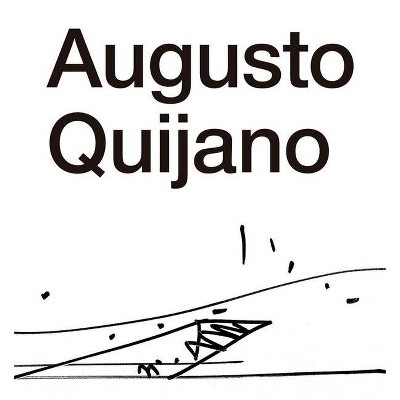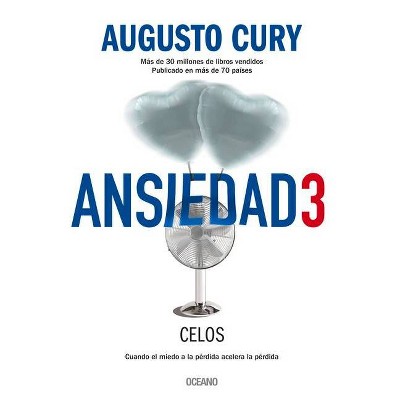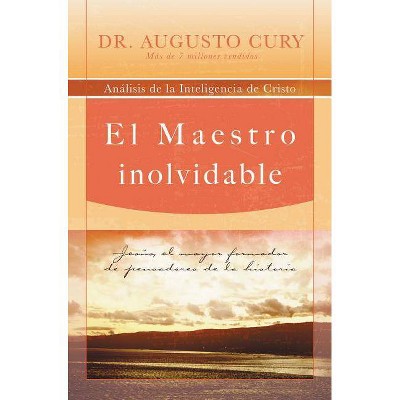I the Supreme - by Augusto Roa Bastos (Paperback)

Similar Products
Products of same category from the store
AllProduct info
<p/><br></br><p><b> Book Synopsis </b></p></br></br><i>I the Supreme</i> imagines a dialogue between the nineteenth-century Paraguayan dictator known as Dr. Francia and Policarpo Patiño, his secretary and only companion. The opening pages present a sign that they had found nailed to the wall of a cathedral, purportedly written by Dr. Francia himself and ordering the execution of all of his servants upon his death. This sign is quickly revealed to be a forgery, which takes leader and secretary into a larger discussion about the nature of truth: "In the light of what Your Eminence says, even the truth appears to be a lie." <p/> Their conversation broadens into an epic journey of the mind, stretching across the colonial history of their nation, filled with surrealist imagery, labyrinthine turns, and footnotes supplied by a mysterious "compiler." A towering achievement from a foundational author of modern Latin American literature, <i> I the Supreme </i>is a darkly comic, deeply moving meditation on power and its abuse--and on the role of language in making and unmaking whole worlds.<p/><br></br><p><b> Review Quotes </b></p></br></br><br>"A richly textured, brilliant book. . . . One of the milestones of the Latin American novel." --Carlos Fuentes, <i>The New York Times Book Review</i> <p/>"A work of graceful, voluminous genius, an Everest of fiction. . . . Augusto Roa Bastos is himself a supreme find, maybe the most complex and brilliant Latin American novelist of all." --<i>The Washington Post</i> <p/>"A text of a verbal density that recalls the later James Joyce. . . . Roa Bastos's novel has challenged and fascinated thousands of readers around the world." --<i>Los Angeles Times</i> <p/> "The most magnificent work, most magnificently translated, to come from Spanish into English in almost a quarter of a century." --<i>Commonweal</i> <p/>"These passages reverberate with a fierce surrealism--peopled with dwarves, women warriors and clairvoyant animals; studded with Borgesian images. . . A prodigious meditation not only on history and power, but also on the nature of language itself." --<i>The New York Times<br></i><br> "An elaborate and erudite opus saturated in the verbal bravura of classic modernism." --John Updike, <i>The New Yorker<br></i><br> "[<i>I the Supreme</i>'s] breadth of vision and ambition make it important in any language." --<i>The New Statesman<br></i><br> "The novel's true achievement is one of tone and voice. The language is a triumph almost as much for the translator as for the author: ebulliently resourceful, brilliant in its vitriol and vituperation, rabelaisian in its extravagance." --<i>Publishers Weekly</i><br><p/><br></br><p><b> About the Author </b></p></br></br>Augusto Roa Bastos was born in 1917 and is widely considered to be one of Paraguay's greatest novelists. Best known for his novels <i>I the Supreme</i> and <i>Son of Man</i>, he authored many works of fiction, nonfiction, and poetry. The recipient of a Guggenheim Fellowship and Spain's Cervantes Prize, Roa Bastos spent much of his life outside Paraguay, both as a foreign correspondent and in exile for his opposition to the ruling governments of his country. He died in 2005.
Price History
Price Archive shows prices from various stores, lets you see history and find the cheapest. There is no actual sale on the website. For all support, inquiry and suggestion messages communication@pricearchive.us



















